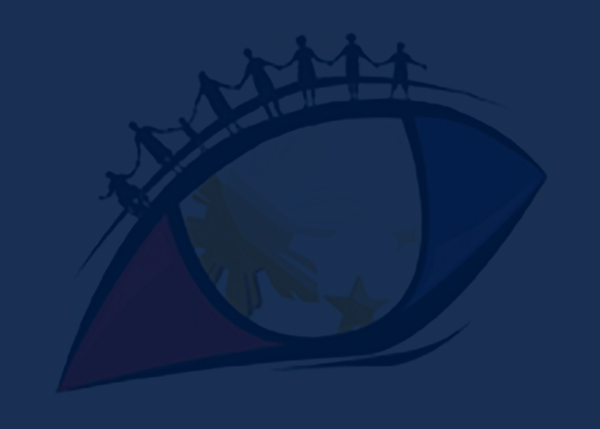Don’t forget about the education crisis
By Paco A. Pangalangan, originally published in BusinessWorld
The State of the Nation Address (SONA) is a constitutional obligation and yearly tradition wherein the President reports on the status of the country and unveils the government’s agenda for the coming year. Like clockwork, on every fourth Monday of July, the President appears before a joint session of Congress to deliver an address.
As expected, many tune in to watch or listen to the proceedings. However, not all are looking and listening for the same things. For instance, before COVID-19, more people than would dare admit would tune in to watch the red carpet and the SONA “fashion show,” as if it were a celebrity gala of some sort. Perhaps even odder though are the ones that sit through it all just to count the number of times a president receives applause, then after, comment on how untimely the claps and how awkward the intervals were.
In President Duterte’s 6th and final SONA, which he delivered last week, he asked Congress to pass 12 bills before his term ends next year. The SONA priority bills are: 1.) the passing of a unified system of separation, retirement, and pension for uniformed personnel; 2.) free legal assistance for police and soldiers; 3.) the Foreign Investments Act; 4.) the Public Service Act; 5.) the Retail and Trade Liberalization Act; 6.) the creation of a department for overseas Filipinos; 7.) the E-governance Act; 8.) the creation of the Philippine Center for Disease Control and Prevention; 9.) the creation of the Virology Institute of the Philippines; 10.) the creation of a department of disaster resilience; 11.) the creation of mandatory evacuation centers in provinces, cities, and municipalities; and, 12.) Bureau of Fire Protection modernization.
In many ways, the list of SONA priorities is a reflection of the issues and challenges the country now faces, as well as the Duterte administration’s ongoing campaigns. For instance, you will find several bills that deserve to be on the list because they respond to challenges and issues brought to the fore by the COVID-19 pandemic.
The three economic bills on the list are no doubt prioritized to help with the country’s economic recovery. You will also find a measure creating a Center for Disease Control and Prevention, as well as a bill to create a Virology Institute. These bills are clearly a response to the country’s overall lack of preparedness to handle pandemics such as the current one. The E-Governance Act bill was undoubtably prioritized because the government saw the need for its services to adapt to the demands of the “new normal.”
With the just 11 months left in the 18th Congress, legislators will be hard pressed to act on the bills identified during the SONA. Hence, it is understandable if the President did not want to add even just one to the list.
However, I’d like to argue that a measure that seeks to address the country’s looming education crisis is more deserving of a place on the priority list than a measure seeking free legal assistance for police and soldiers, especially if the underlying intent of the latter is only to tip the scales of justice in their favor in court, just as they have the scales of judgement outside of it.
When the pandemic hit, the situation only got worse, with the continuing lockdowns forcing many students to stop schooling entirely. At the same time, many private schools were also forced to close up due to the falling enrollment numbers.
During a recent virtual town hall discussion organized by the Stratbase ADR Institute, attorney Joseph Noel M. Estrada of the Coordinating Council of Private Educational Associations of the Philippines (COCOPEA) said that “Challenges in education have been exacerbated by the pandemic as more private schools close, many students and teachers migrate to the public school system, and many students fail to continue with their education because of economic difficulties.”
Mr. Estrada further stressed that the passage of important bills on education will help build on and strengthen the complementarity between the public and private sectors in education which is crucial in our country’s rehabilitation and recovery measures post-pandemic. Two such bills he identified were House Bill 9596 and Senate Bill 2272 which are seeking to stop a 150% increase in taxes for private schools, which, according to Mr. Estrada, “would certainly be a death sentence to many struggling private schools.”
Had this bill been added to the list of SONA priorities, then perhaps more schools would have the confidence to offer classes when the school year opens in mid-September. Regrettably, education didn’t make the cut.
Truly unfortunate, since, as Stratbase ADRi President Dindo Manhit said during his remarks at our virtual event, “People should feel that the government caters to their issues. Especially in times of extraordinary hardships brought about by the pandemic.”

